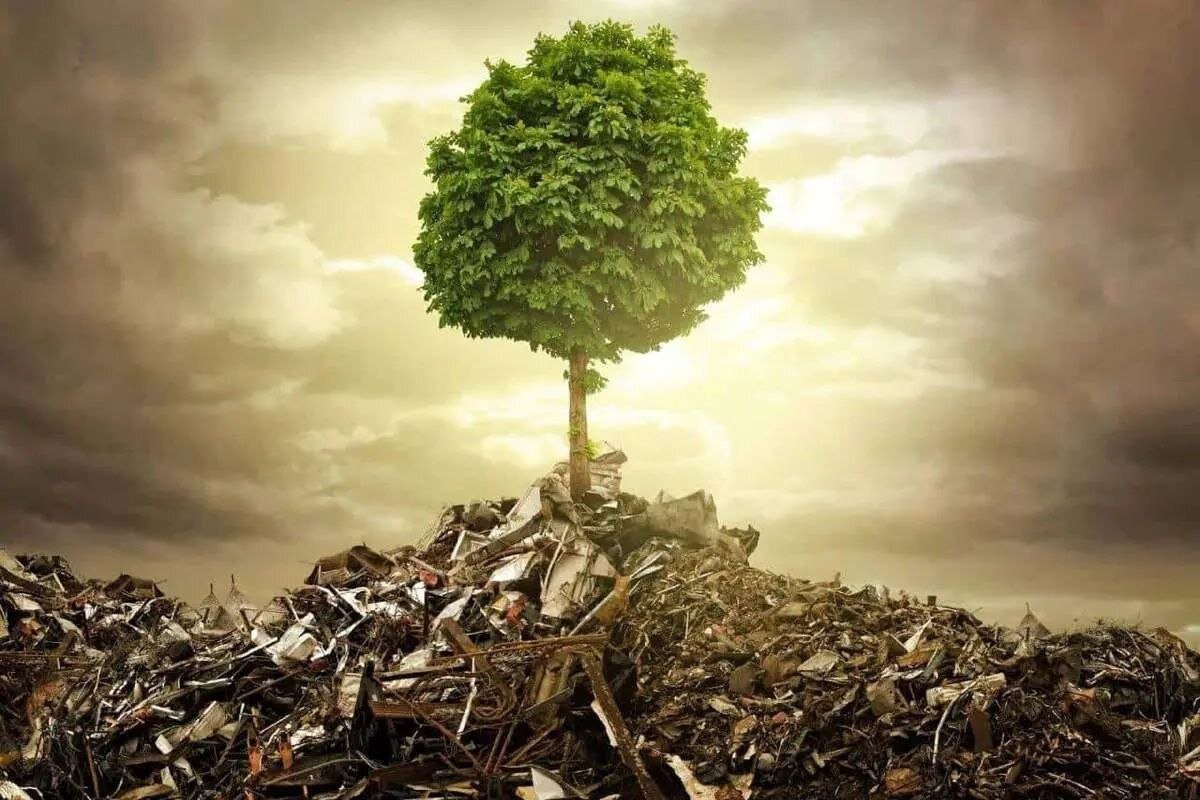‘Nature, the silent part in wars’

TEHRAN –Nature is part of our community, but unlike people, it is silent, and this silence is the most dangerous sign of its suffering, an official with the Department of Environment has said.
Iran is a treasure trove of biodiversity, from the ancient Hyrcanian forests in the north to the mangrove forests along the southern coast, from the heights of the Zagros covered by oaks to a network of permanent and seasonal wetlands stretching across the land; these habitats are vital not only for Iranians but for the whole planet, IRNA quoted Iraj Heshmati as saying.
Referring to the UN Resident Coordinator in Iran, Stefan Priesner’s sympathetic message following the 12-day war imposed by Israel on Iran, Heshmati said, these statements are humane, responsible, and deserve respect, but not enough concerning the fact that it has failed to include the environment. The support for Iranians will be sustainable once it takes into consideration the environment and nature, as well.
Sustainable development means meeting the present needs without destroying the resources and opportunities of future generations. Within this framework, human health and the environment are interconnected, and protecting both is essential to maintaining life and sustainable security in the country, he said.
When missile attacks and explosions targeted some of the country’s energy infrastructure facilities, harmful pollutants—including particulate matter, volatile organic compounds, and toxic gases from fossil fuel combustion—increased.
Noise pollution generated by loud explosions and destruction of houses severely affected animals, including birds, killed some species, and impacted trees and vegetation in both urban and natural environments.
“The silence of the birds, collapsed trees, and a more polluted air signify that nature is wounded, although it does not scream. The environment is our silent citizen, with no right to vote, no shelter, and no voice to be reflected in the media, but it is the foundation of all our rights,” Heshmati stressed.
Under UN General Assembly Resolution 47/37 and treaties such as the United Nations Framework Convention on Climate Change (UNFCCC), the Convention on Biological Diversity (CBD), as well as Ramsar convention, the UN Environment Program (UNEP) is required to impartially assess and report on the environmental impacts of conflicts in times of crisis. In other parts of the world, UNEP has responded and has provided independent reports within 48 to 72 hours. However, no report has been published to highlight the war's impacts on Iran yet.
Intentionally or unintentionally, the delay is a sign of double standards being applied in dealing with environmental crises in various countries, an issue that undermines public trust in the impartiality of international institutions.
International organizations are expected to use their legal capacities and properly fulfill their legal commitment towards Iran’s ecosystem. If peace is not simply the absence of war, but the presence of justice, then the climate should not be ignored. And if nature is silent, let us, with the language of awareness and responsibility, be not only its voice, but also the awakened conscience of the global community.
‘deliberate creation of environmental crises’
The DOE strongly condemned the recent attacks by the Zionist regime on fossil fuel storage facilities as a deliberate creation of environmental crises and a clear violation of international principles and commitments to environmental protection.
The attacks on fossil fuel storage facilities and other destructive explosive actions have caused widespread pollution and environmental degradation, the DOE said in a statement.
These irresponsible actions, in addition to directly threatening public health and regional ecosystems, have led to the release of toxic substances and pollutants that will have long-term impacts on air quality, water resources, and natural habitats.
The deliberate creation of environmental crises is a clear violation of international principles and commitments to environmental protection.
The attack on energy infrastructure and the release of toxic pollutants pose a serious threat to regional biosecurity.
These acts of destruction occur at a time when countries in the region are striving to adhere to global treaties, including United Nations environmental agreements and conventions related to pollution control.
The Department of Environment of the Islamic Republic of Iran calls on the United Nations, the United Nations Environment Programme, the International Union for Conservation of Nature, and other regional and global environmental organizations to pay special attention to this environmental crisis and take necessary actions to stop the destruction and prevent the continuation of such environmental disasters.
Leave a Comment